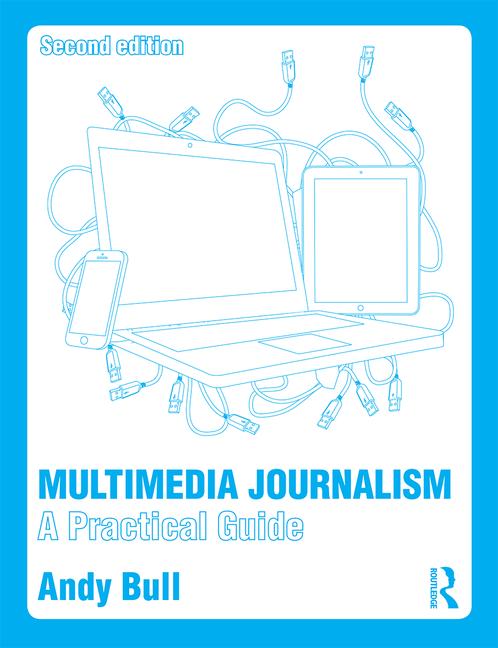Now that journalists can tweet from court, is there any need for us to learn shorthand any more?
Court reporting, and the essential requirement of having an accurate note of proceedings, has always been one of the cornerstones of the argument in favour of journalists using shorthand. Perhaps the cornerstone.
But now Lord Judge, the Lord Chief Justice, has removed that cornerstone. He ruled that: “the use of an unobtrusive, hand-held, virtually silent piece of modern equipment for the purposes of simultaneous reporting of proceedings to the outside world as they unfold in court is generally unlikely to interfere with the proper administration of justice.”
There was just one restriction: “Before such use is permitted, the court must be satisfied that its use does not pose a danger of interference to the proper administration of justice in the individual case”
Shorthand was, until now, the best way of ensuring you could get a fair and accurate report into your notebook in a situation where audio recording is forbidden. But now, as Lord Judge said: “The most obvious purpose of permitting the use of live, text-based communications would be to enable the media to produce fair and accurate reports of the proceedings.”
So who needs shorthand anymore?
There is another argument in favour of learning shorthand, in the wider journalistic context. Say you are recording an interview. What’s best: shorthand or audio?
Defenders of shorthand will say that it is far better than an audio recording in that you can easily riffle through your notes and produce a report fast. Audio takes a while to transcribe, slowing down the reporting process. But then, so does shorthand, and you can read outlines wrongly, sometimes with disasterous results.
And, in any case, those who have been taught shorthand should also have been taught, elsewhere in their training, that it is far better to write your story without reference to your shorthand note or audio recording, referring to your record only to ensure accuracy with direct quotes and essential facts. So transcribing is bad, whatever the method of recording information.
So why keep shorthand on the syllabus? I have my own theory as to why some, particularly in the newspaper industry, will argue that trainees should still learn shorthand.
Because it’s hard, and takes time to master. Which means you can use the need for shorthand to help justify keeping a trainee on a pittance for 18 months: they need that time, typically, to get up to 100wpm.
I have an interest to declare here. I never got my 100wpm, despite two years of slaving away at it. Fortunately, that never held me back. But, today, no shorthand means no NCTJ qualification and, in the local press, that makes things tough.
But there can no longer be any justification for teaching shorthand to trainees.
What can’t be justified is failing to teach them about the full range of multimedia reporting opportunities that are now open to them: whether it’s using Twitter, CoverItLive or another text-based live reporting medium in court; learning to create mobile platforms; using their iPhone as a multimedia reporting device; understanding data-based reporting; or learning to create and run a hyperlocal site.
If those are not on a journalism syllabus but shorthand is, then journalism students are being ill-prepared for work.
Subscribe to:
Post Comments (Atom)



No comments:
Post a Comment